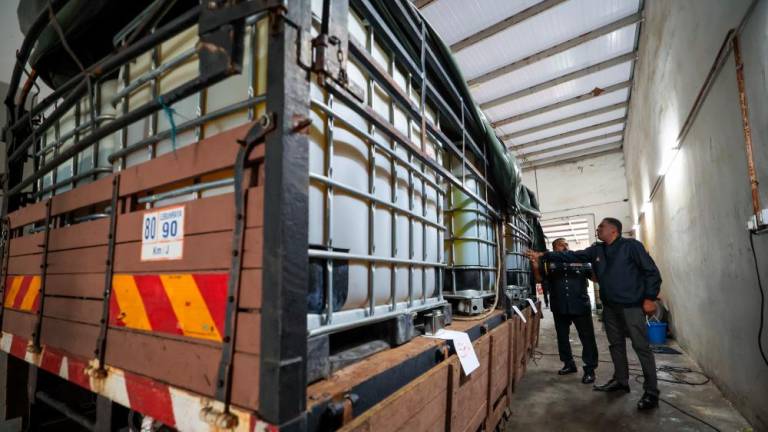KUALA LUMPUR: The government, through the Malaysian Investment Develop-ment Authority (Mida), has approved eight e-fulfilment projects as of March 2019, with more in the pipeline.
Mida deputy CEO Arham Abdul Rahman said of the eight e-fulfilment projects, seven are locally owned.
Mida has expanded the logistics incentive scheme by introducing the second round Integrated Logistics Services incentive in 2017 to encourage logistics companies to adopt technology in their operations and to position themselves as regional e-fulfilment hub providers in Malaysia.
E-fulfilment is the arrangements that are necessary for businesses to sell their products or services on the internet. Components of the e-fulfilment process include e-commerce store and fulfilment centre integration, receiving and inventory management, order fulfilment and returns processing.
“We’ve quite a number of foreign and local companies that have indicated their interest to have their footprint in Malaysia,” Arham told a press conference at the Investment Opportunities in the E-commerce Fulfilment Industry Seminar 2019 today, but gave no details due to confidentiality.
Arham said it continuously encourage logistics companies to invest in physical and virtual ICT systems, such as Warehouse Management Systems and Smart Logistics. This would enable them to undertake complex activities such as managing large orders and inventories, coordinating and tracking real-time delivery and processing returned items.
Mida takes the helm in developing the nation’s e-fulfilment hub, under the Malaysian National E-Commerce Strategic Roadmap, working with various stakeholders to attract investments in this area to achieve the target of doubling Malaysia’s e-commerce growth rate and reach a gross domestic product contribution of RM211 billion by 2020.
Deputy International Trade and Industry Minister Dr Ong Kian Ming said many companies are starting to explore towards establishing their regional fulfilment operations in Malaysia to serve their global supply chain activities due to Malaysia’s strategic geographical location and the increasing adoption of technology in the country.
In the first quarter of 2019, the logistics sector contributed in terms of approved investments worth RM50.5 million where most of the investments came from domestic companies.
“The interest of companies in emerging areas, such as cold chain logistics, last mile delivery services and halal logistics is growing, due to the high margins and rising demand. The economy of the country is expected to grow between 5% and 6% and this will indeed drive the growth of the logistics industry further,” said Ong.
He said the existing incentives for logistic players are sufficient for now, adding that there is a need for continuous investment into infrastructure, such as port upgrades and expansion, road networks, and adoption of advanced technology.
Local logistics companies are encouraged to invest and adopt technologies, and to explore potentially disruptive technologies to create new ways of business, as well as to lower cost while enhancing overall efficiency.
Some of the key technologies that have been adopted by international logistic players include the usage of Internet of Things and robotic in automating warehouse operations, track & trace capabilities and the usage of big data analytic to optimise last mile delivery.
Meanwhile, Ong said the digital tax is not expected to affect the e-commerce industry.
“It is one area where the developed countries are moving towards and we’re following global trends. As long as demand is growing, I don’t think it (e-commerce) will be greatly affected by the digital tax.”













